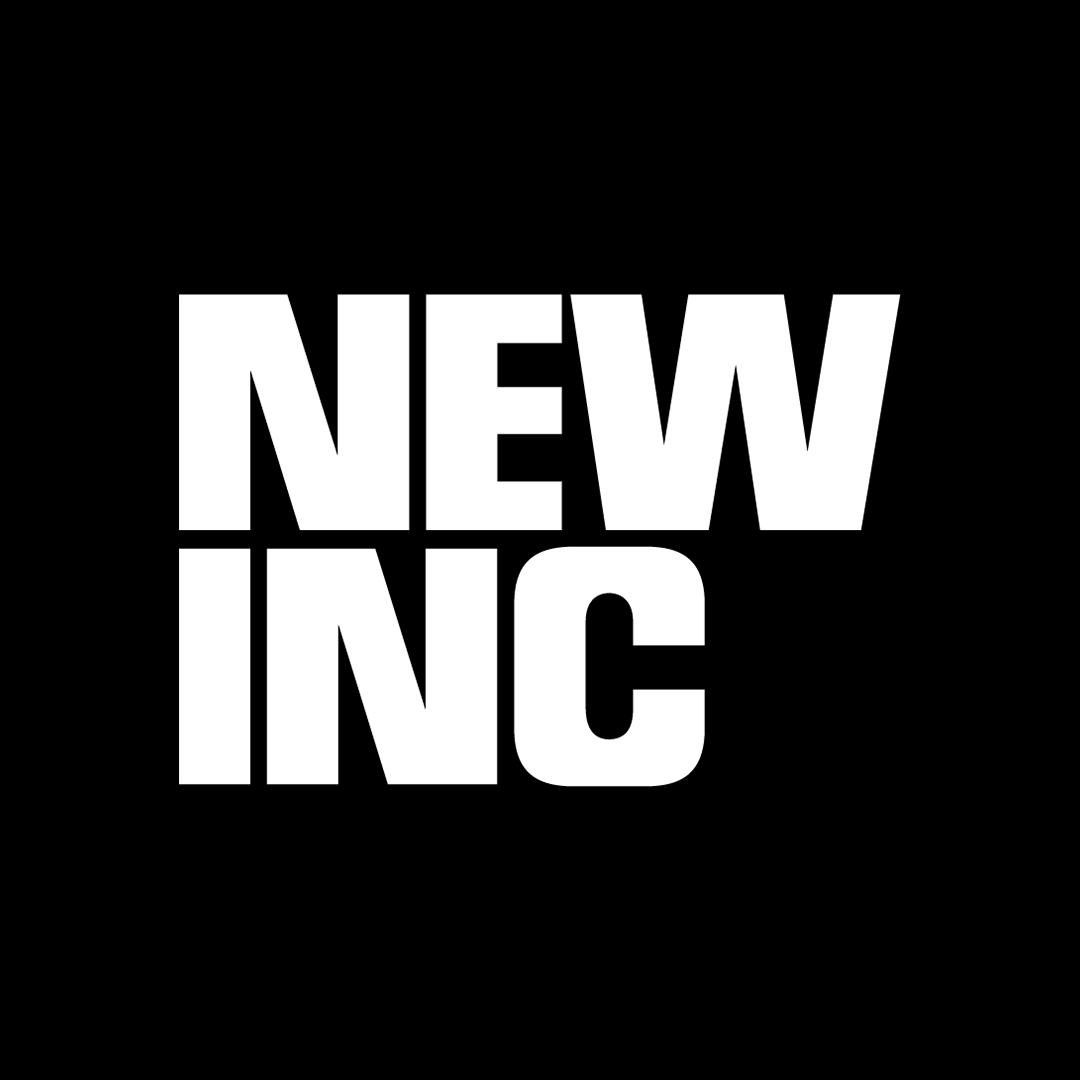Does It Still Feel Weird If I Just Use My Hands?
On her critically-acclaimed LP “The Future's Void”, Erika M. Anderson (EMA) unveiled songs about surveillance, data mining, and internet privacy, all written before Snowden fled to Russia. The New York Times called her "a technological prophet in her own time."
In conjunction with the cyberfeminist collective Deep Lab's residency at NEW INC during the New Museum’s IDEAS CITY festival, Anderson revisited these themes, with a decidedly lighter touch. Drawing on her experience as a substitute teacher, Anderson integrated the playful, creative space that drawing enables. Her performance "Does It Still Feel Weird If I Just Use My Hands?" investigates privacy and representation, using paper and pencil instead of cameras and computers to re-interpret surveillance through a lo-fi approach.
We sat down with EMA as she was writing entirely new music and planning an immersive projection environment to inspire participants to get creative and feel comfortable drawing one another.
“I was inspired by Jason Polan's attempt to draw everyone in NYC. Since some of it is done surreptitiously, it's kind of a form of surveillance. But because it's done by hand, it feels loving instead of sinister," she said. This act of carefully “recording” someone, without consent or knowledge, lead Anderson to come up with the idea of “tender surveillance.”
“When you’re drawing someone, there is more time or investment than snapping a photo. You pay attention to the person and get their vibe.” The performance provided the opportunity for EMA to test this theory, as she asked the question, “Does it feel different to be drawn than to have a camera stuck in your face?”
“We have a natural fascination with looking at each other and strangers. We have keepsakes of a moments with friends, family, or loved ones." However, there’s been a shift in our eagerness to document and share. With social media, and now with our awareness of government surveillance, “you never know where something is going to go or end up. It’s often the worst photos of people that are the most viral, especially for women.”
“Photos used to be about capturing some aspect or essence of someone,” she said. Now, it feels like photos are used against people, or reduced to data. “It’s kind of a loaded way of saying it, but it feels like photos divorce you of your humanity. It’s more ticklish to have someone draw you. Having a camera in your face is more like being grabbed, or poked.”
In a climate where many of us our hesitant to have our photos taken—whether that’s because an awareness of biometric data collection by corporations, or the fear of having a photo end up in the wrong place—drawing can feel intimate, human, and more carefully considered in comparison to the often mechanized act of snapping a picture. Drawing someone "you notice things about them that you wouldn’t otherwise notice,” said EMA.
“For some people this might be nostalgic,” she said. “But for other people this could be inspiring. I’m hoping that people walk in with an open mind and playful spirit.”
“The performance is going to be a live experiment,” she said, wondering if people who didn’t know each other would draw on another, or if someone would be okay with a stranger drawing them. Our goal, along with EMA’s, was to create a fun environment that encouraged people to feel okay with looking at people and getting to know someone in a different way. EMA added, “I want to keep the vibe more childlike and light-hearted.”
We filled the space with hundreds of balloons and a Nap Lab designed by Print All Over Me and Various Projects. Participants had a place to relax, curl up, and draw one another, or they could simply observe the observing. EMA provided the soundtrack and drew people in the crowd along with everyone else. People could scan their drawings at stations around the room, which were then manipulated in real-time with the audio-visual app, Generate, and projected on the wall.
Everything about the performance was an experiment in some way. “I’ll be signing and playing keyboard, which I’ve never played live,” EMA said. The music was admittedly simple: “It’s in C, so it’s not super complicated. This simplicity can be beautiful; it’s more about the joy of discovery.”
“I’m excited to be able to take these risks as a part of the residency. As a musician, you’re kind of expected to make these big productions, like Beyonce. This gives me the chance to do something more experimental and intimate."
Author: Deep Lab







